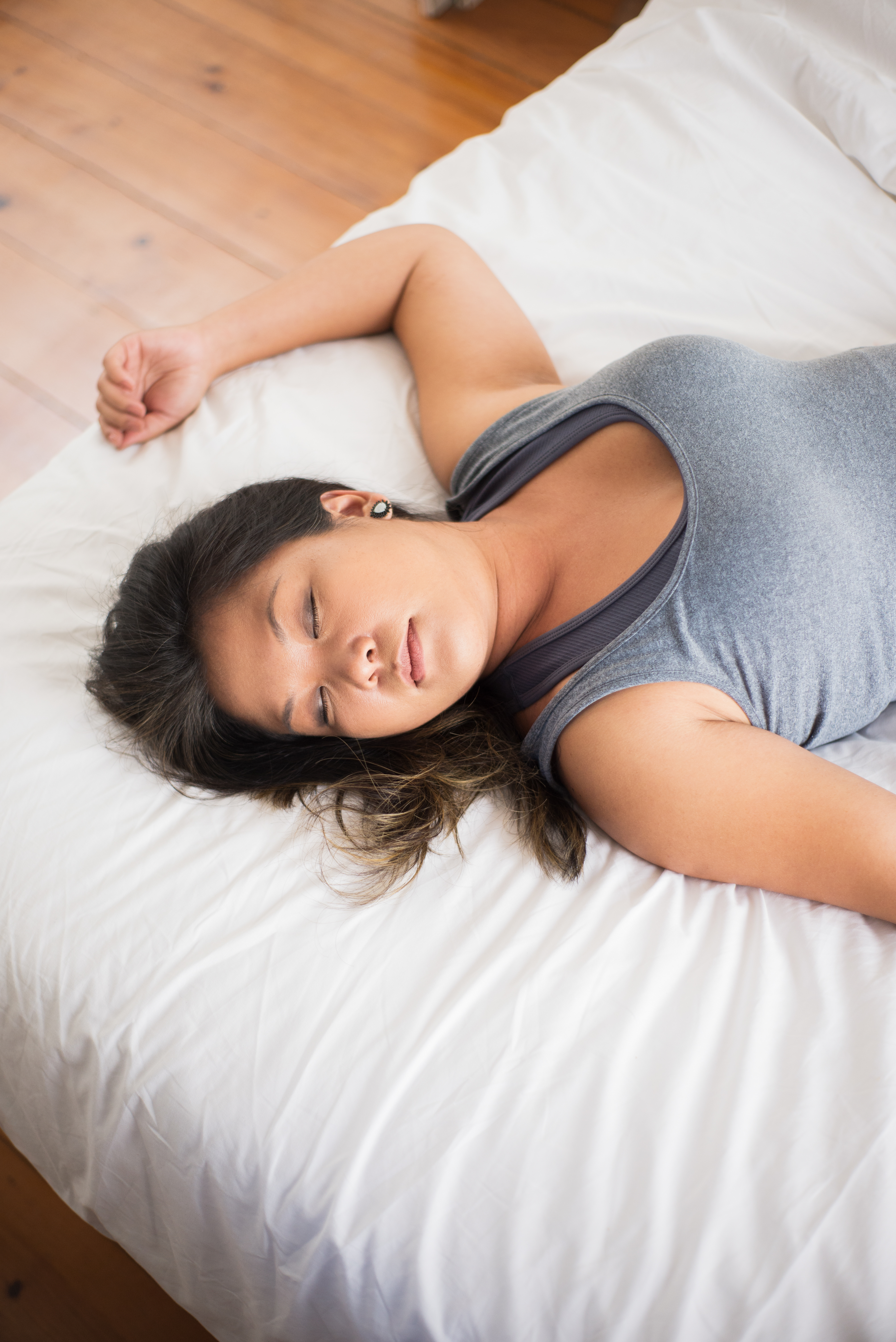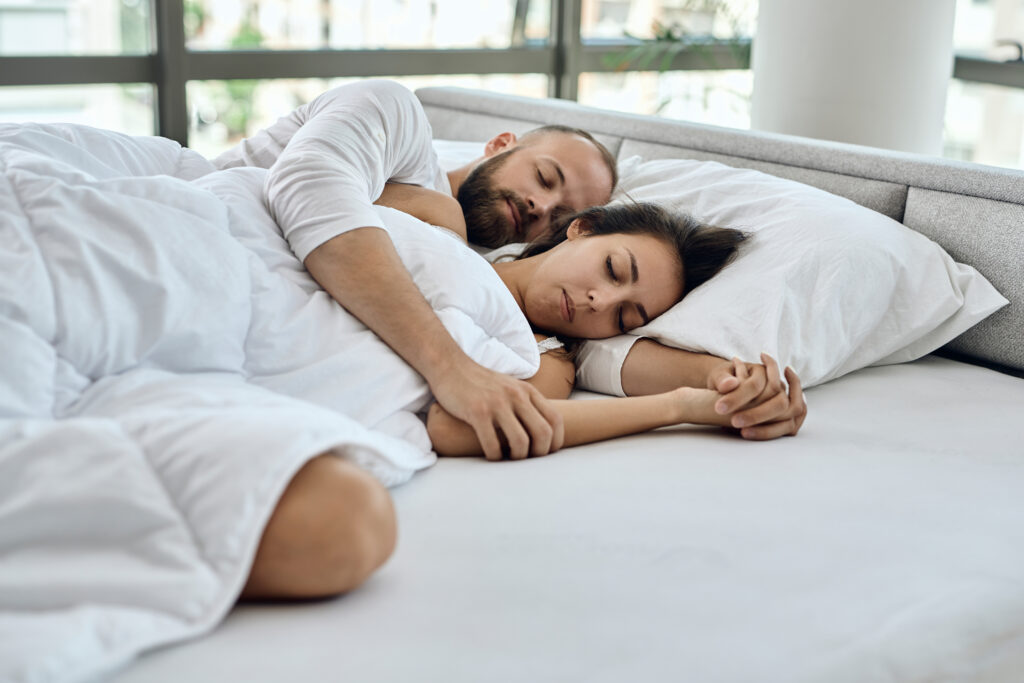Spread the love
Getting to sleep early is a common goal, especially for those looking to improve their overall health and well-being. Here’s a detailed guide on how to adjust your sleep habits and environment to help you fall asleep earlier. Let’s discuss How To Sleep Early.

1. First of all you Understand Your Sleep Needs
- Specify Your Sleep Requirement: Adults typically need 7-9 hours of sleep per night. Calculate the time you need to wake up, then work backward to determine when you should go to bed.
- Maintain Consistency: Aim to go to bed and wake up at the same time every day, even on weekends, to regulate your internal clock.

2. Must you Set a Relaxing Bedtime Routine
- Wind Down Before Bed: Start your wind-down routine at least 30-60 minutes before bed. This can include activities like reading, taking a warm bath, or practicing relaxation exercises.
- Avoid Stimulants: Stay away from caffeine, nicotine, and other stimulants in the late afternoon and evening as they can interfere with your ability to fall asleep.
- Limit Screen Time: Reduce exposure to screens (phones, tablets, computers, TV) at least an hour before bed. The blue light emitted can suppress melatonin production, making it harder to fall asleep.

3. Optimize Your Sleep Environment
- Comfortable Bedding: Ensure your mattress and pillows are comfortable and supportive.
- Room Temperature: Keep your bedroom cool (around 60-67°F or 15-19°C is ideal). A cooler room can help lower your core body temperature, which is necessary for sleep onset.
- Noise Control: Reduce noise as much as possible. Consider using earplugs, a white noise machine, or calming music if you can’t eliminate noise.
- Darkness: Make your room as dark as possible. Use blackout curtains or an eye mask to block out light, which can interfere with melatonin production.

4. Control Your Diet.
- Eat Light in the Evening: Avoid heavy or spicy meals close to bedtime, as they can cause discomfort and indigestion.
- Watch Fluid Intake: Limit beverages in the evening to avoid frequent trips to the bathroom at night.
- Sleep-Inducing Foods: Consider a light snack before bed, such as a small portion of nuts, yogurt, or a banana, which contains sleep-promoting nutrients like magnesium, tryptophan, and melatonin.

5. Handle Stress and Anxiety
- Relaxation Techniques: Practice deep breathing, meditation, or progressive muscle relaxation to reduce stress and anxiety before bed.
- Journaling: Write down any worries or thoughts in a journal before bed to clear your mind.
- Mindfulness: Focus on the present moment rather than worrying about future tasks or concerns.

6. Limit Naps
- Keep Naps Short: If you need to nap, limit it to 20-30 minutes and do so early in the afternoon to avoid disrupting your nighttime sleep.
- Avoid Napping Late in the Day: Napping too close to bedtime can make it harder to fall asleep at your desired time.

7. Exercise Regularly
- Regular Physical Activity: Engage in regular exercise, but avoid vigorous workouts close to bedtime as they can increase alertness. Aim to complete your exercise routine at least 3-4 hours before bed.
- Morning or Early Afternoon Workouts: Exercising earlier in the day can help you feel more tired by evening and promote better sleep.

8. Create a Sleep-Inducing Routine
- Bedtime Ritual: Establish a set of calming activities that signal to your body that it’s time to wind down. This could include listening to calming music, practicing gentle yoga, or reading a book.
- Sleep Position: Find a comfortable sleep position that supports your body. Side-sleeping is generally recommended, especially if you snore or have sleep apnea.

9. Limit Exposure to Light
- Morning Sunlight: Expose yourself to natural light in the morning to help regulate your circadian rhythm.
- Dim Lights in the Evening: As bedtime approaches, dim the lights in your home to signal to your body that it’s time to prepare for sleep.

10. Monitor Your Sleep Patterns
- Sleep Diary: Keep a sleep diary to track your bedtime, wake time, and any disruptions during the night. This can help you identify patterns and make adjustments as needed.
- Sleep Tracking Devices: Consider using a sleep tracker to gain insights into your sleep quality and patterns.

11. Address Underlying Issues
- Sleep Disorders: If you have chronic difficulty falling asleep, consider seeking help from a healthcare professional. Conditions like insomnia, sleep apnea, or restless leg syndrome can require medical intervention.
- Mental Health: Anxiety, depression, or other mental health issues can affect your ability to sleep. Therapy, counseling, or medication may be needed to manage these conditions effectively.

12. Be Patient and Persistent
- Gradual Changes: If you’re used to staying up late, it may take time to adjust your body clock. Start by moving your bedtime earlier by 15-30 minutes each night until you reach your desired sleep time.
- Persistence: Consistency is key. Stick to your new routine, even if it takes a few weeks to see significant improvements.

By addressing these areas systematically, you can train your body and mind to fall asleep earlier and enjoy more restful sleep.
Must Read This Article

How Can I Make Money While I Sleep

A Night In Paris Dress Ideas 2024



2 thoughts on “How To Sleep Early”